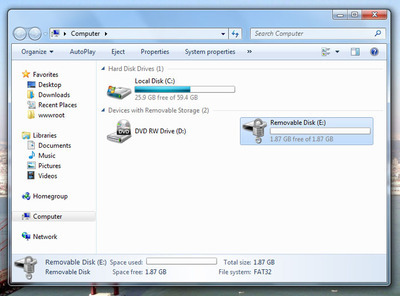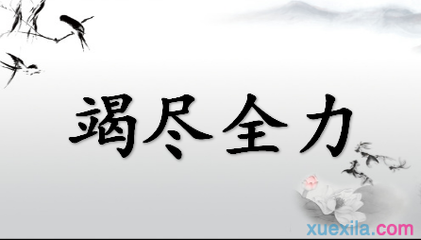An example of how J2EE might appeal to focused niche ERP vendors would be choice of Relevant Business Systems (www.relevant.com). In mid-2004, Relevant announced its product technological direction for the future. It announced its decision to use J2EE environment for future product development, and the vendor believes the choice of J2EE provides an optimal fit with its product offering and more closely matches the needs of its customers across a broad range of requirements. As an ISV, Relevant choice of J2EE over Microsoft .NET was reportedly based not only on what worked best for its internal product development but also on the needs of a perse customer base. Like most ISV, Relevant wanted the best overall platform for its product offering both in terms of performance and marketability, which, translated into features that meant that critical to both audiences were
Platform independence and acceptance in the target market and in the software industry in general. Many of Relevant customers have server standards dictating the platform that enterprise applications may be deployed on. In addition, Relevant target customers range from small to midsize (defined by the vendor as 20 to 100 users) to large (200 to over 1000 users), whereby smaller customers often prefer the Microsoft Windows server platform, while larger multinationals gravitate towards UNIX. The availability of UNIX operating systems provides increased uptime and reliability for Relevant customers and the applications are built to scale in order to meet the needs of Relevant larger and rapidly growing enterprise class customers. Given .NET is restricted to Windows, on the critical criteria of acceptance in the target market, J2EE, which allows a single application to be deployed in multiple environments, was deemed far less restrictive. Thus, J2EE will supposedly allow Relevant to write a single application deployable in multiple environments. Otherwise, Relevant acknowledges that both .NET and J2EE are well accepted by the software industry.
Scalability. Relevant enterprise software equally addresses the requirements of sites supporting as few as thirty or as many as several thousand users. Given that the typical installed life span of an ERP system is eight to ten years, this is a key product advantage. Relevant wanted to ensure that its choice of underlying technology would preserve and enhance its product ability to gracefully scale to growing customers?needs. While .NET is considered to have a slight advantage in smaller environments, analysts and users alike still consider J2EE to currently be the only real choice in environments with over 300 users. This has weighed heavily in Relevant considerations, which thus concluded a choice of J2EE was definitely preferable on this measure. Product performance. A strong, feature-rich enterprise product is particularly critical to the project-oriented businesses Relevant serves. While .NET has the richer user interface (UI), J2EE provides the stronger back-end needed for Relevant server side-focused development. Access to the underlying technology, the ability to handle high volume transactions and many built-in features such as session management, fail-over, load balancing, and application integration make J2EE a more robust and suitable technology for Relevant enterprise software. Ease of development and robustness. With a good product specific integrated development environment (IDE) and plug-ins, Relevant believed its customer base would be able to develop easily with either .NET or J2EE. For its own development, however, Relevant found J2EE to be far stronger on the server side, where most of the development is done. In addition, J2EE afforded the additional benefit of allowing a developer access to more of the underlying technology. Although .NET many built-ins decrease the necessity for third party tools, ample availability of tools and plug-ins for J2EE minimize this advantage. Revelant found .NET to be less robust for complex application development. In addition, the .NET platform was judged more prone to viruses and worms. Costs. Neither solution has significant infrastructure management costs. Resources are abundant for both platforms, although highly skilled resources might be easier to find on the J2EE platform due to its maturity, albeit .NET resources offset Java availability superiority with a slight cost advantage. In the end, virtually all key Relevant stakeholders found it fairly easy to select J2EE for the overall ERP development architecture. As an ERP developer marketing to companies ranging from mid-size manufacturers to large scale multinational enterprises, platform independence, increased product portability and scalability were the key issues. By selecting J2EE, Relevant believes it has ensured that its applications would be deployable on a variety of platforms, enabling its customers to support Relevant application on the platform that they were most familiar and comfortable with. 爱华网
爱华网



